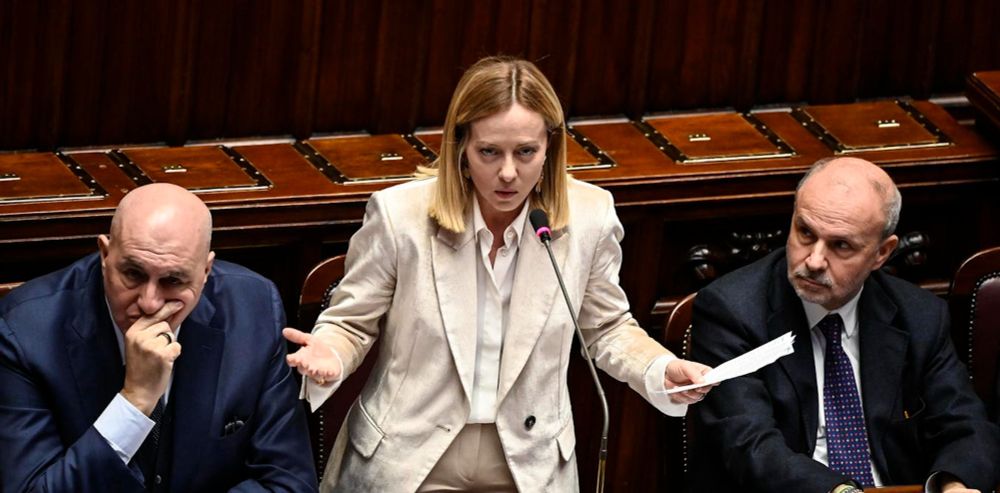Edoardo Vaccari
@edoardovaccari.bsky.social
44 followers
64 following
7 posts
PhD candidate @lsehistory - Intellectual history of Socialism and Federalism in mid century Europe - @unibo & @columbia alumnus
Posts
Media
Videos
Starter Packs
Reposted by Edoardo Vaccari
Reposted by Edoardo Vaccari
Reposted by Edoardo Vaccari
Reposted by Edoardo Vaccari
Renewal
@renewaljournal.bsky.social
· May 31

Renewal editors reflect on the meaning of social democracy
Renewal is a journal of social democracy, but social democracy has always been a contested concept - and one understood variously as an ideology, a movement, a historical phenomenon, or even a desired...
renewal.org.uk
Reposted by Edoardo Vaccari
Duncan Bell
@duncanbell.bsky.social
· Jan 28
Murray Bookchin and the Postwar Environmental Moment: The Early Bookchin and the Politicization of Ecology, 1948–1964 | Modern Intellectual History | Cambridge Core
Murray Bookchin and the Postwar Environmental Moment: The Early Bookchin and the Politicization of Ecology, 1948–1964
bit.ly
Reposted by Edoardo Vaccari















